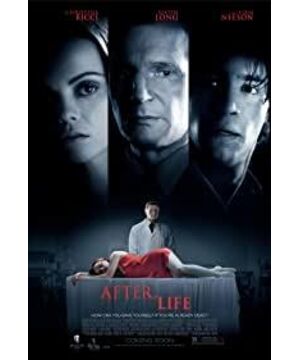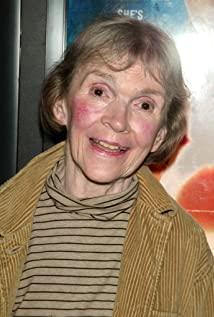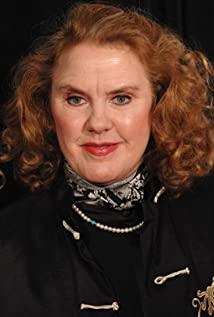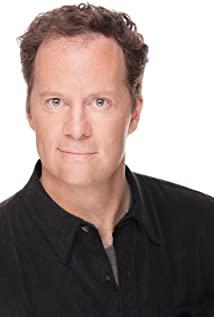I think most of us are poisoned by mainland dogmatic education and rigid in our minds. The conclusion given by the director is actually an open-ended conclusion. For example, the ideological education of students in the United States does not advocate that it is correct to directly tell them what to do, but to teach students to learn how to think and let them choose by themselves, so as to form an independent personality.
What is an open-ended conclusion? The director himself made it very clear that he wanted to capture people's fear of death, whether it is the soul that remains after death, unwilling to accept the fact of death, or the fear of being buried alive without dying. The movie gives evidence on both aspects of the heroine's death or not, but it is ambiguous, so it can give the audience two aspects of speculation.
In fact, it doesn't matter whether the protagonist is dead or not, it's just an appearance. What's important is the process of thinking about the death of the soul after death, or the imminent death before life - are you the walking dead who repeats the same routine of life day after day? What is the meaning of your life?
Too many people are always in the habit of doing multiple choice questions, ignoring the possibility of multiple choice.
Movies are not science, and logical thinking is not the only interpretation.
View more about After.Life reviews











